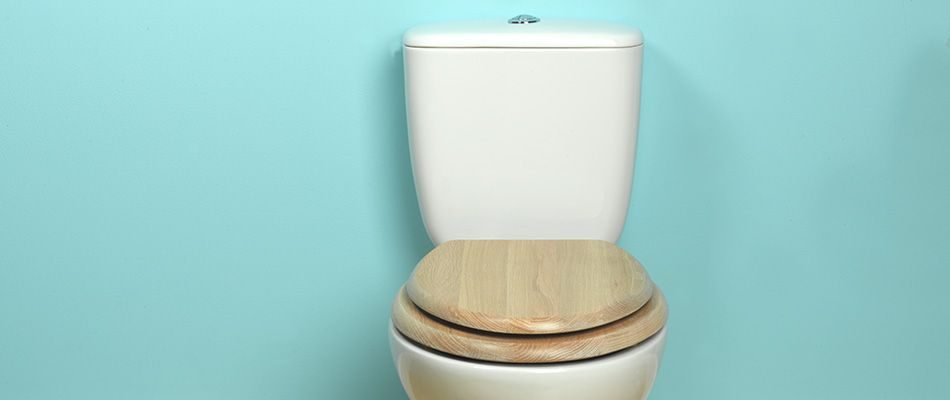
04 Mar The time we all got diarrhoea
18 metres from a public toilet and my friend is defecating in a bush. She’s got her face buried in a bucket and tears streaming down her face. We have never been in a more helpless, dignity compromising, situation
During recent travels we were lucky enough to have a run-in with food poisoning. We caught it while having drinks one night when we realised, two sips too late, that the drinks happened to contain ice. Not just ordinary ice but the kind of ice that makes you spew your guts out and empty your bowels six times an hour.
After making a mad dash to the bathroom, helping her clean up and calm down, we made our way back to the hotel. A bucket by her bed, electrolytes in her water bottle and dosed up on the prescribed antibiotics, we left the room to let her rest.
The thing is, when you’re helping someone who’s vomiting, there is an incredibly high chance that you’ll start vomiting too (Helu, droplet contact!). That’s exactly what happened. I spent the night spewing out my own guts with such cosmic force that my back and abdominals hurt enough to make me cry.
When you’re vomiting (and more) into a toilet, haven’t had anything but oral rehydration salts and lemonade for two days and you’re so feverish and hypovolemic that sitting up is impossible, life feels far from glamorous. Yet sprawled on cold tiles, all I could think about was how fortunate my sanitation situation was in that moment.
For a large demographic of people living in developing countries, the sanitation available is even less glamorous than my sweaty faced encounter with the hotel toilet. I have had traveller’s diarrhoea before. I have never had traveller’s diarrhoea while thinking about the burden of disease that poor sanitation confronts a population with. As medical students we are well informed on the risks of open defecation and the numbers surrounding diarrhoea and infant mortality. Diarrhoea, in 2016, was the eighth leading cause of death among all ages and the fifth leading cause of death among children younger than 5 years old[1]. Cultural, political and social barriers prevent access to good sanitation. In turn this creates a self-propagating issue that leads to concerning statistics. Sitting on the floor, in cold, sweaty despair, these numbers became more than numbers. There was a moment in which I realised that what was happening to me happens to others in a way that is much more serious, much less controlled and ends much more fatally. I experienced empathy with a gravity I never had before.
Medical education enables us to realise how sickness works and thus adds a layer of understanding that may, hopefully, fuel passionate problem solving. This idea is often regarded as “Informed Empathy” and refers to a knowledge about the impairments, limitations and restrictions associated with a disease, in turn allowing one to appreciate the personal impacts these issues have on individuals and their community[2]. This kind of empathy changes the way we look at the world around us. It connects us with issues that once seemed distant and opens our mind to possibility. It provides a platform for change that surpasses an empty empathy statement or nonverbal cue and instead fuels thought and innovation.
Studying medicine inundates us with information regarding disease processes, history and management. Understanding the burden and pathophysiology of a disease allows you to understand the severity of it and, when allowed to do so, can breed a type of empathy for those afflicted by disease which is unique to anything else. Knowledge is power but it is not the knowledge of disease or skill of management that truly distinguishes an influential doctor. Instead it is the combination of these things with passion. If the doctors of tomorrow are encouraged to allow their knowledge to influence the way they feel about the world, and the afflictions faced by populations, they will be enabled to innovatively trigger social change.
[1] https://www.thelancet.com/journals/laninf/article/PIIS1473-3099(18)30362-1/fulltext
[2] https://www.ncbi.nlm.nih.gov/pmc/articles/PMC3722372/
Have some inspiration for a new blog post? We’d love to hear from you!
Email j.fernandes@gums.org.au

